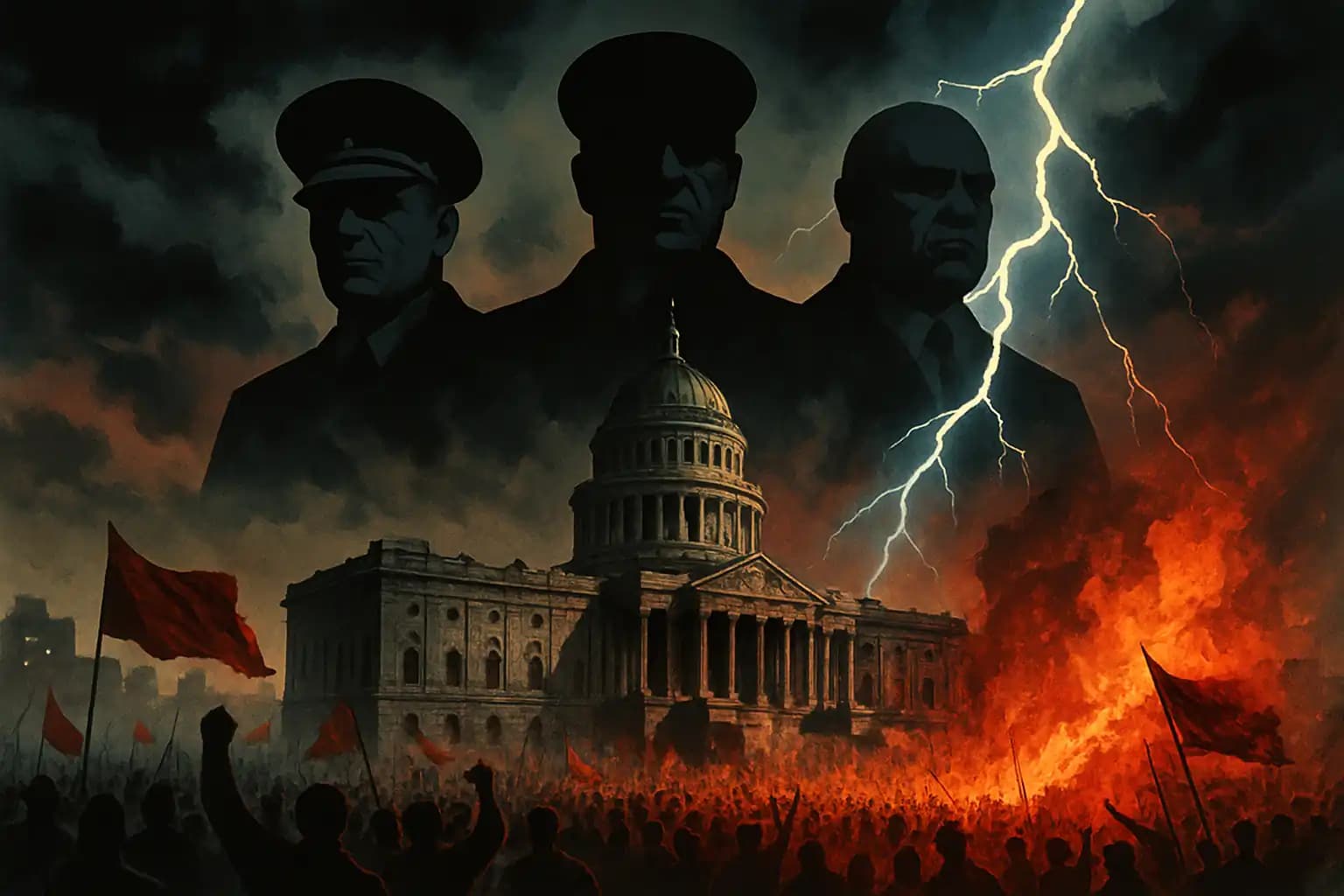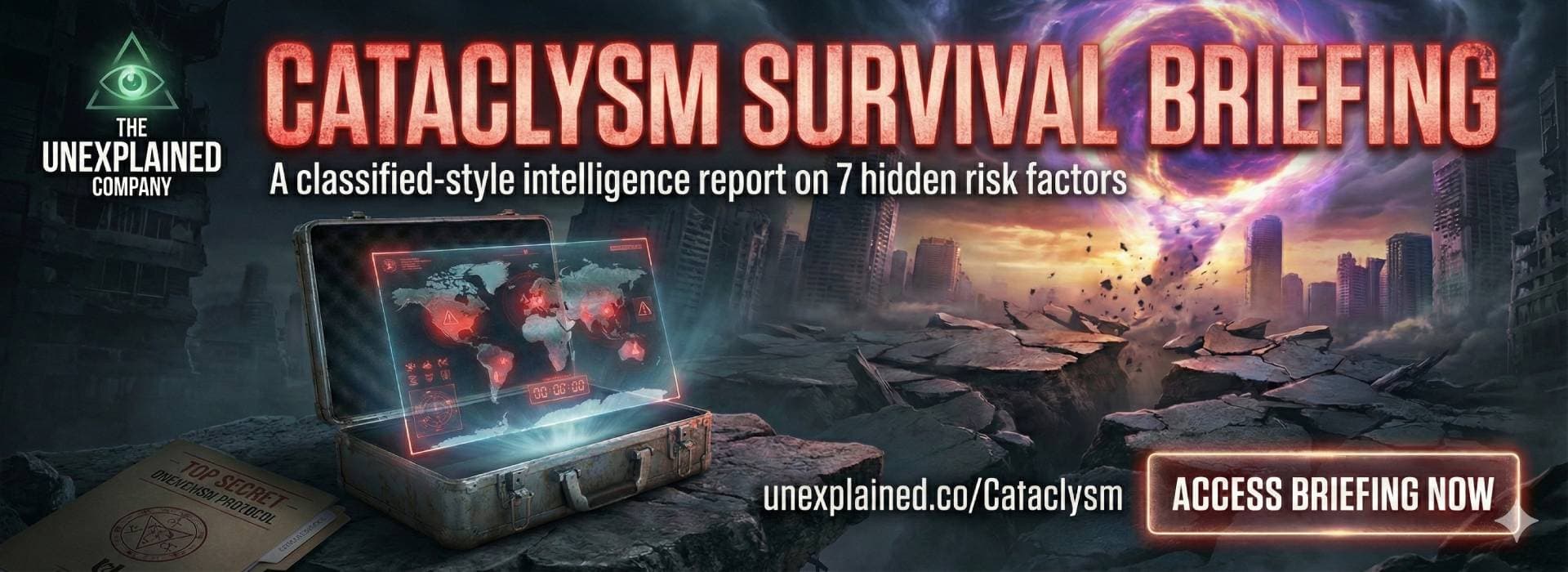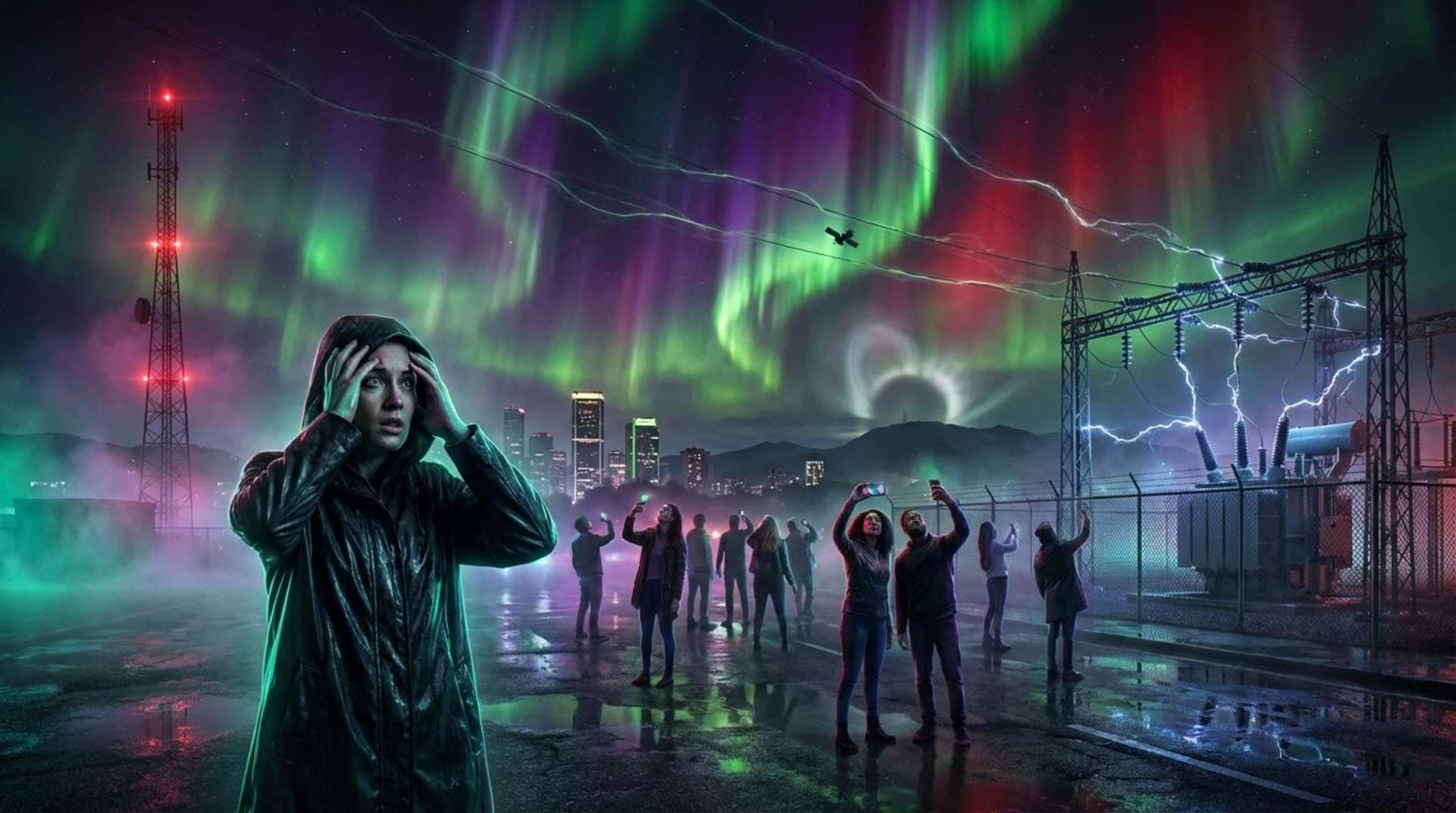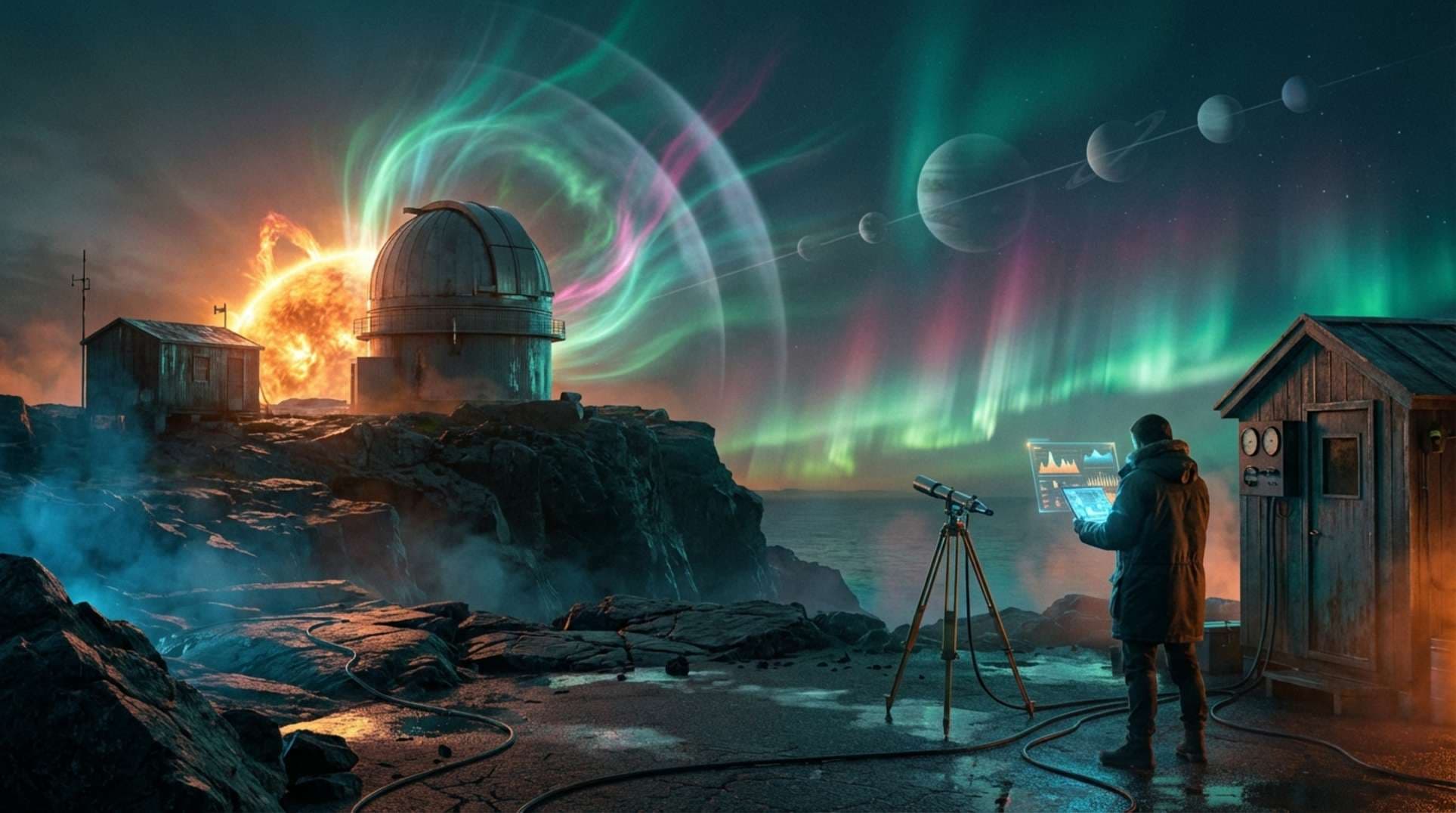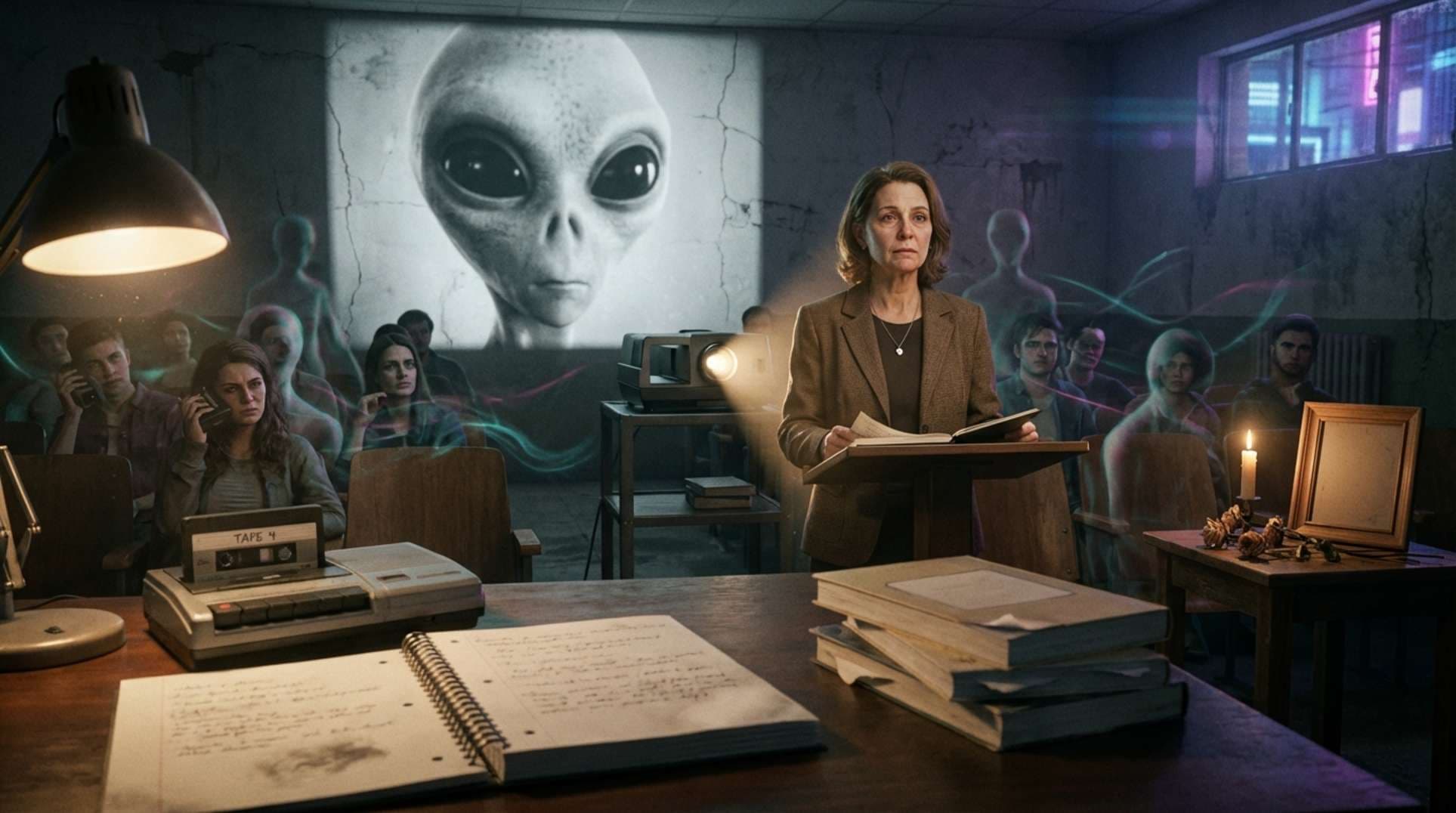If you feel the rumble of history beneath your feet, you aren’t imagining things: Neil Howe’s ‘Fourth Turning’ has arrived, and the sirens blare for those who pay attention. Howe and Strauss theorized that every 80 to 100 years, society faces a crisis so severe it redraws borders and belief systems, ushering in a new age—usually through hardship. Howe warns that the worst is not yet behind us. In fact, we may still be staring down the storm’s very beginning.
Every era produces its own myths and monsters, but this turn is different. Trust in governments, courts, and media has plummeted globally. Authoritarian leaders and populist movements gain ground, rising from the rubble of once-stable institutions. Old alliances fracture, and as the collective memory of twentieth-century horrors fades, today’s newsfeeds eerily mirror those past events.
Rise of Authoritarianism and Global Strongmen: From Democracy to Danger
The relentless ascent of autocratic leaders is not a local trend; it’s a global mutation. Countries across Europe, Asia, and the Americas witness the steady erosion of democratic norms, replaced by executive decrees and the rhetoric of crisis. A feature by The Burning Platform shares Howe’s warning: the Fourth Turning isn’t an American anomaly—its shockwaves are global.
The pattern is clear. Trust withers, and populist leaders—once outsiders—seize on chaos and disillusionment, consolidating control where parliaments once ruled. Recent reporting on mounting global anomalies and new esoteric threats indicates this climate allows for both predictable and unforeseen disruptions.
Institutional Collapse and the Peril of Historical Amnesia
The cyclic collapse of trust in institutions transcends niche scholarly discussions—it’s reality. The Stanford Democracy Project outlines how the power of the people is increasingly overridden by a single man or cabal. With checks and balances fading, social contracts unravel, echoing the chaos illuminated in investigative features on systemic risk.
The Strauss-Howe generational theory, according to Wikipedia, describes these phases as inevitable. A crisis takes hold; systems fracture; society remakes itself through the tempest. The erosion of institutional credibility—whether in government, religion, or media—serves as both symptom and cause, feeding the cycle and hastening the pace toward open conflict.
Populism and the Shadows of War: From Political Unrest to Civil Crisis
Populism masquerades as grassroots democracy but often veers into outright authoritarianism. As Harvard’s Carr Center notes (see analysis), the decline of institutional faith paves the way for strongmen promising glory—and delivering crackdowns. The warning signs are evident: coups, press freedom erosion, manipulated elections. Consider the modern echoes found in the report on border standoffs between nuclear powers and the analysis of recent ceasefire tensions.
As populism tightens its grip, nations face a stark choice — renew their democratic contract or stumble toward conflict and partition. Howe warns that, as in past Turnings, the public often doesn’t grasp the magnitude of change until history’s floodwaters stand at their doors.
The Road to Crisis: Why the Fourth Turning Feels Different—and What to Watch
Is the narrative for collapse and conflict already written? Not entirely, but history’s cyclical rhythm hammers home a point: eras of turmoil engender new orders amid great cost. Past Turnings followed world wars, revolutions, and long recovery periods. Neil Howe argues in his latest work (see his newest book) that this crisis is only beginning, requiring new leaders, fresh institutions, and a reckoning with our priorities.
If Howe’s warning feels prophetic, the creaking of current systems offers ample proof. Cracks in society explored in science features on natural and technological vulnerability and alarming calls from global figures converge, reminding us that in a Fourth Turning, no one remains a spectator.
Hubs like Unexplained.co offer context, foresight, and possibly a shred of hope. Buckle down; prep your bunker if necessary, and remember: every cycle’s storm eventually clears, but the enduring question is what—if anything—will remain standing.

